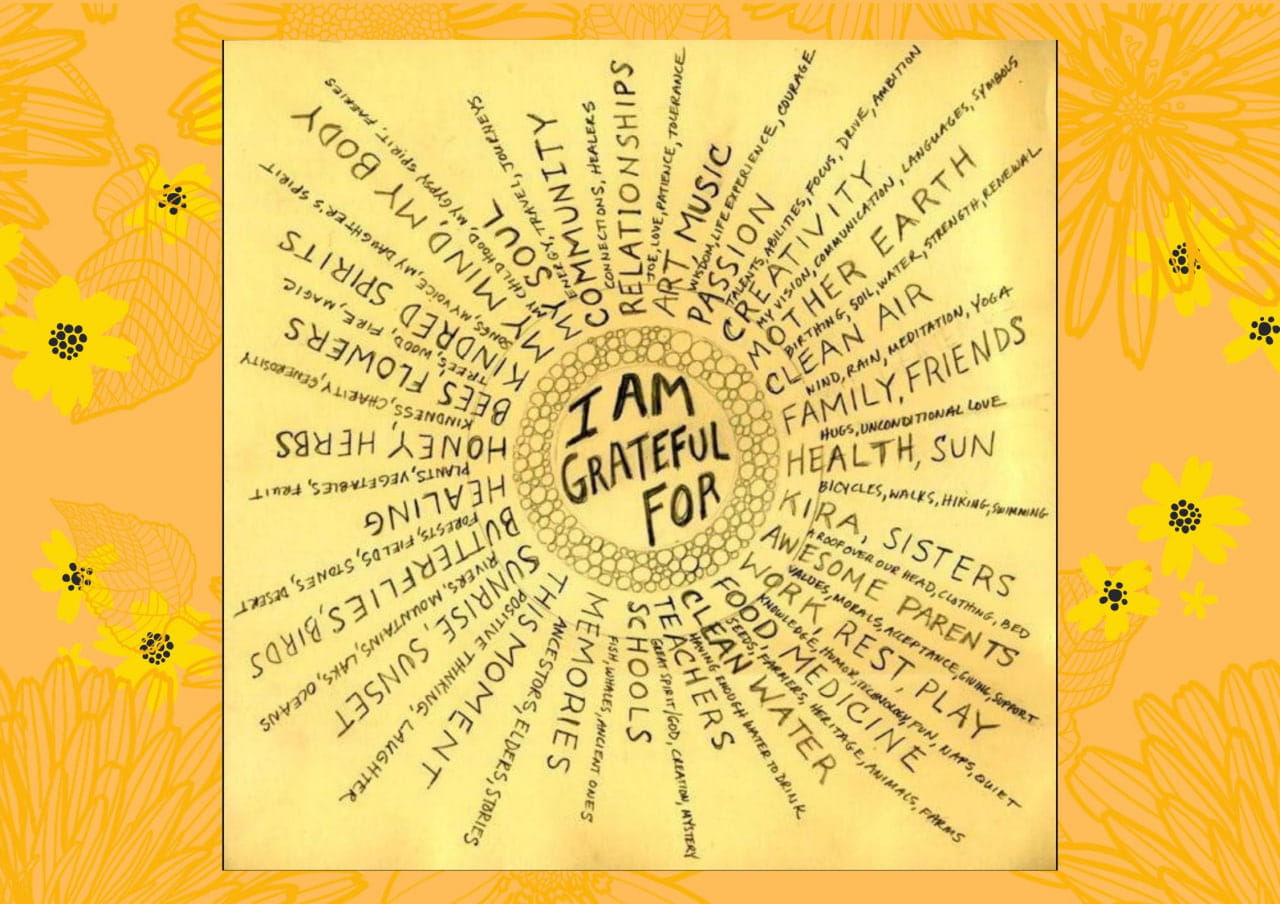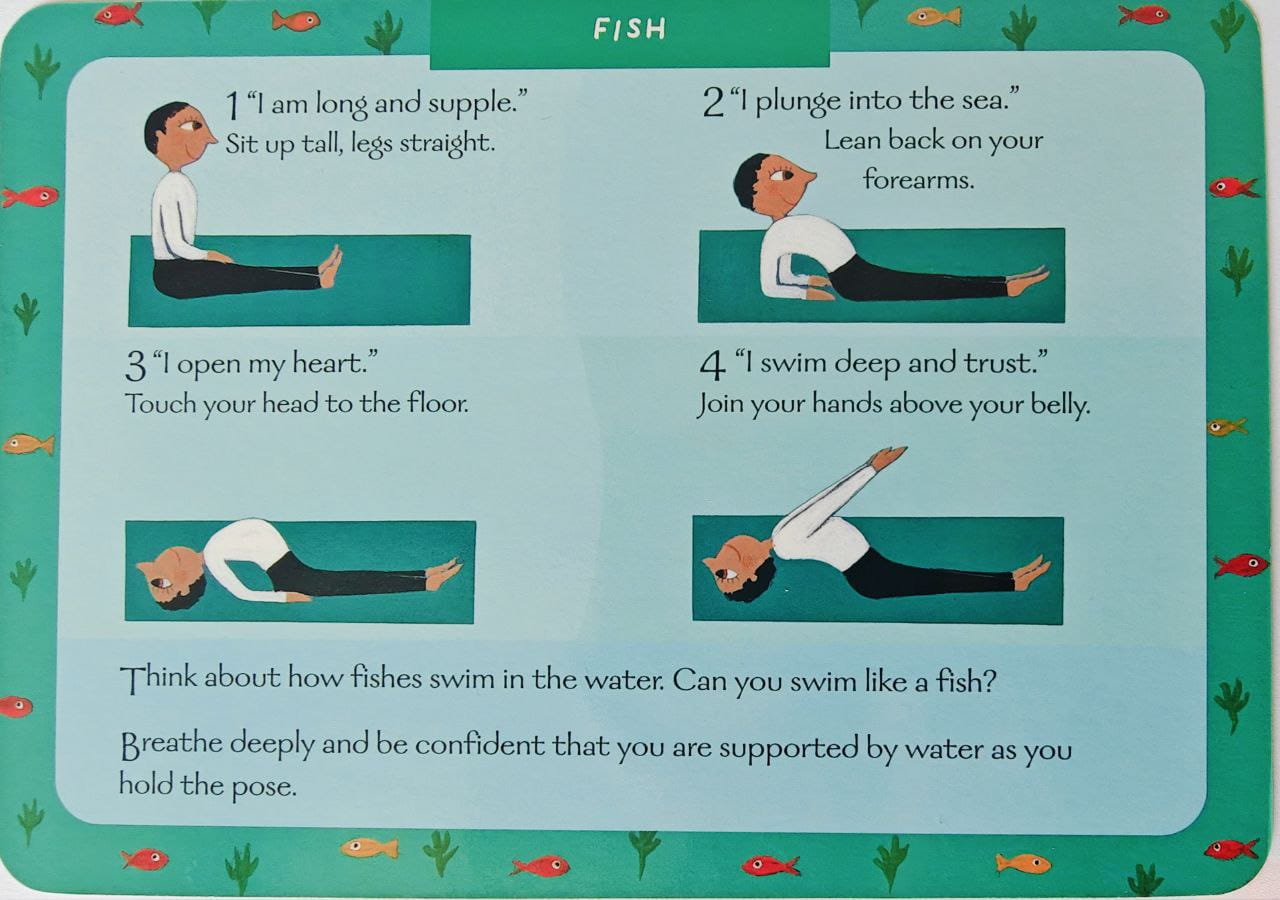Grade 2s learn about honey production processes in field trip to Romdeng restaurant
Grade 2s 'How We Organize Ourselves' unit focused on production processes. The central idea was “Many products go through a process of change before they are consumed or used.”
Grade 2’s 'How We Organize Ourselves' unit focused on production processes. The central idea was “Many products go through a process of change before they are consumed or used.”
They inquired into the origins of products, changes products go through, and the impact of our product choices on people and the environment.
Students have looked at the process of making orange juice, peanut butter, and chocolate. Students have also watched videos about fair trade chocolate and came up with criteria for making responsible choices.

On their field trip to Romdeng restaurant, one of the main suppliers, Save Cambodia’s Wildlife, presented on the process of making honey in Cambodia.
Students were able to describe the life cycle of a bee and how honey is made and packaged. Students were also taught the ways to tell pure honey and fake honey apart.

After the presentation, Romdeng staff gave a drink workshop where students were able to help make three different smoothies: passion fruit and mango freeze with Ratanakiri honey, rambutan and jackfruit shake, and coconut milk and lime shake.
Overall, the students came back to school more knowledgeable and had fun along the way!










